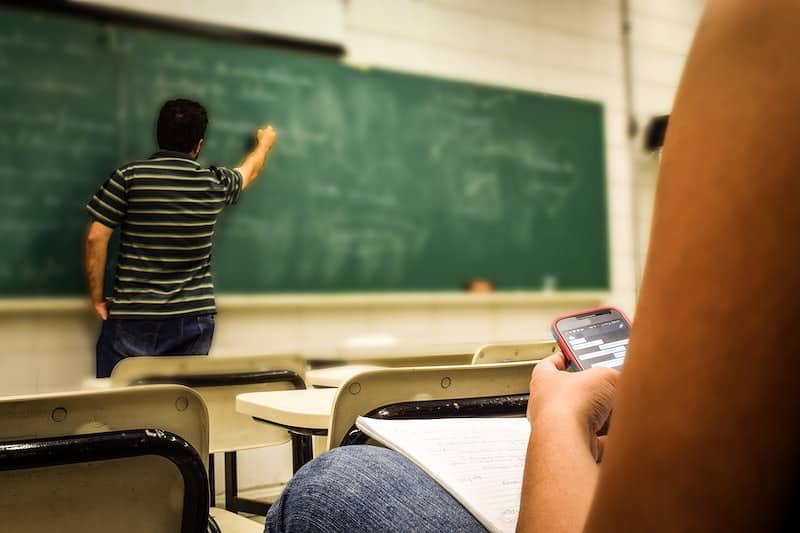Parents must be formally included in evaluating teachers and schools, the Nicosia federation of primary school parent associations proposed on Tuesday.
The group argues that involving parents in the new teacher and educational work evaluation system would boost transparency, accountability and shared responsibility across the public education sector, ultimately benefitting pupils.
In a written statement, the federation said “parental participation opens schools to public scrutiny, ensures accountability beyond the school hierarchy and strengthens links with the wider society.”
It added that when parents have a defined and official role in assessments, they are more likely to support reforms. This, it said, helps foster a spirit of joint responsibility for improving education.
The federation outlined several good practices inspired by systems abroad.
These include yearly questionnaires for parents, their inclusion in evaluation councils, public discussions to give feedback and regular updates on evaluation outcomes.
It also proposed setting up feedback loops to keep communication ongoing.
However, it stressed that any tools for parent participation must be fairly designed.
Input from parents, it said, should be balanced with other criteria such as student performance and classroom observations.
When well planned, parent involvement can become a meaningful quality indicator rather than a source of distortion.
Pointing to Cyprus’ low performance in international education rankings, the federation highlighted the gap. In the 2022 PISA test for reading literacy, Cypriot pupils scored 381 points. This compares to 477 in Portugal and 496 in the United Kingdom, both above the OECD average of 476.
Similar patterns appeared in other assessments. In PIRLS 2021, which tested reading skills among year 4 pupils, Cyprus scored 511 points. England scored 558, while Portugal achieved 520. In TIMSS 2019 for science, Cyprus had an average of 484, below the international benchmark of 500. Portugal and England scored 519 and 517 respectively.
“Our education system is not performing as it should. Parental involvement could be a lever to reverse this trend,” the federation said.
It added that countries like Portugal and the UK, where parents are formally involved in school assessment, show much stronger results. Without a structured framework, the relationship between school and family can remain weak and disjointed, it warned.
The federation has called for legal or ministerial changes that would require parent participation in the evaluation process. It also wants every school’s annual self-evaluation team to include a parents’ representative.
As the new system includes both formative (improvement-focused) and summative (promotion-related) evaluations, the federation proposed adding structured feedback from parents as one of the multiple criteria when assessing teachers.
It also suggested that during school inspections by district coordinators or ministry evaluators, the assessment team should meet with parents. A “school progress report” should also be introduced, linking school-level evaluations to overall performance. The federation further recommended that the education ministry organise training seminars to inform parents about the new evaluation system and how they can contribute constructively.
“This new evaluation system is a unique chance to reshape the relationship between schools and society in Cyprus,” the federation said.
“By giving parents a formal role, we bring to life the idea of a school that belongs to the community.”
“In today’s world, where knowledge and skills will decide our country’s future, we cannot afford to sideline the role of parents,” it added.
“Giving them a voice helps close the gap between the school we have and the school we deserve. It’s an investment in our children’s future and in the wellbeing of society as a whole.”







Click here to change your cookie preferences